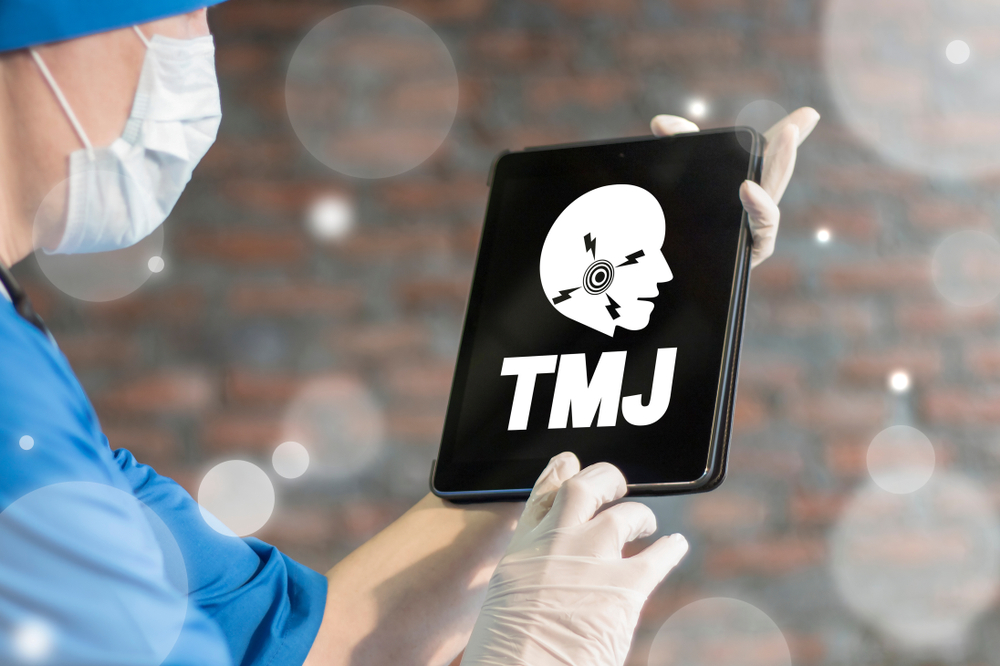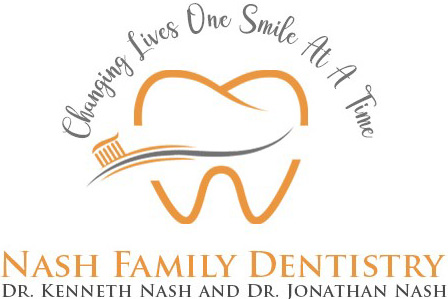
Temporomandibular joints, also commonly referred to as TMJ are some of the joint muscles located near the ear, at the point where your jawbone meets your skull. The TMJ is the joint used to open and shut your mouth, heavily used while eating or speaking. So when this joint in particular begins to relentlessly ache and cause massive pain, it becomes a serious issue.
You should seek dental help as soon as you begin experiencing pain in your TMJ, especially if it is reoccurring. The reason for this overwhelming discomfort may be you experiencing a TMJ disorder. This pain can be caused from a number of reasons, most common arthritis, grinding your teeth, or dislocation.
When you go to a doctor, they will perform a series of tests on you to ensure they treat the correct disorder. These are test you can also perform on yourself at home before seeking treatment. This will make sure you are describing the proper symptoms. The tests you as well as your doctor will perform are basic, but they do the trick. When they are making sure it is in fact the TMJ you are suffering from, they will see if your jaw has any swelling or tenderness. Another test you may go through is seeing if the jaw is making a clicking noise when it is moved. After a few rounds of different checks, your doctor may diagnose you with TMJ disorder.
If you are experiencing these symptoms, and have been diagnosed, treatments you may be advised to follow include:
- Exercising the jaw muscles
- A night guard to stop grinding your teeth
- Or even muscle relaxers
If these treatments aren’t the proper solution for you, your dentist then may need to do a jaw adjustment or reshape your teeth for the proper bite. A night guard may also be something in need, so you stop grinding your teeth. See your dental professional if you are experiencing any of the above symptoms. Schedule a consultation as soon as you can if you are experiencing any discomfort in the jaw.
